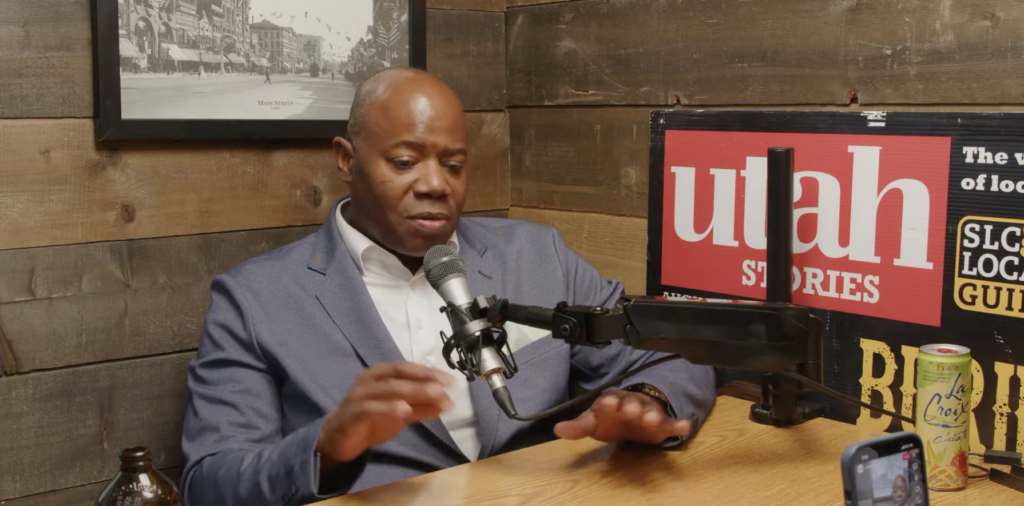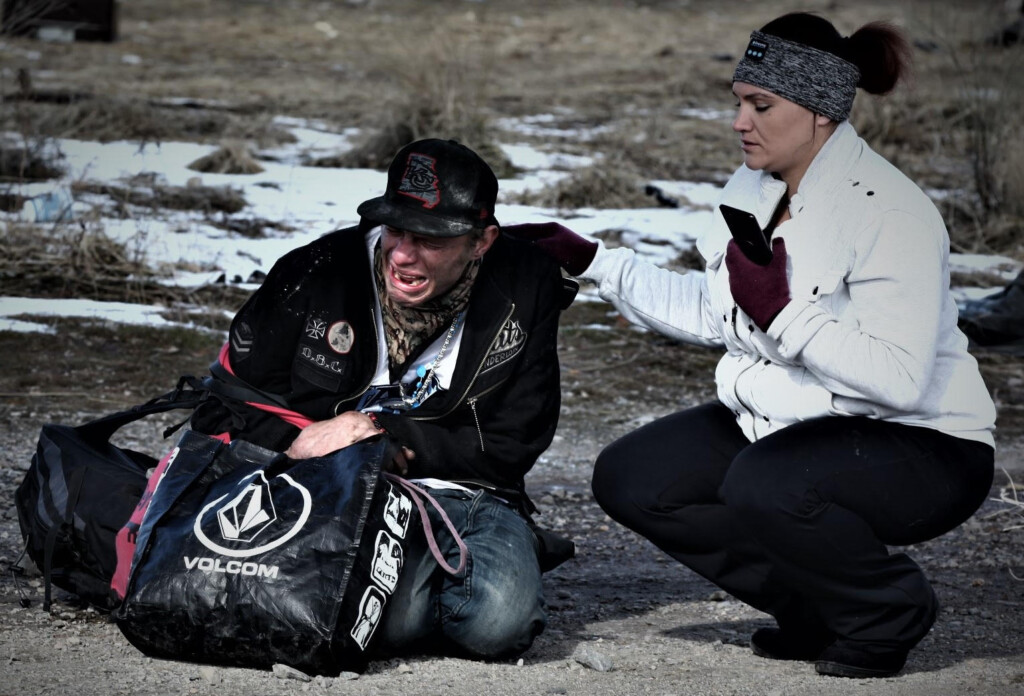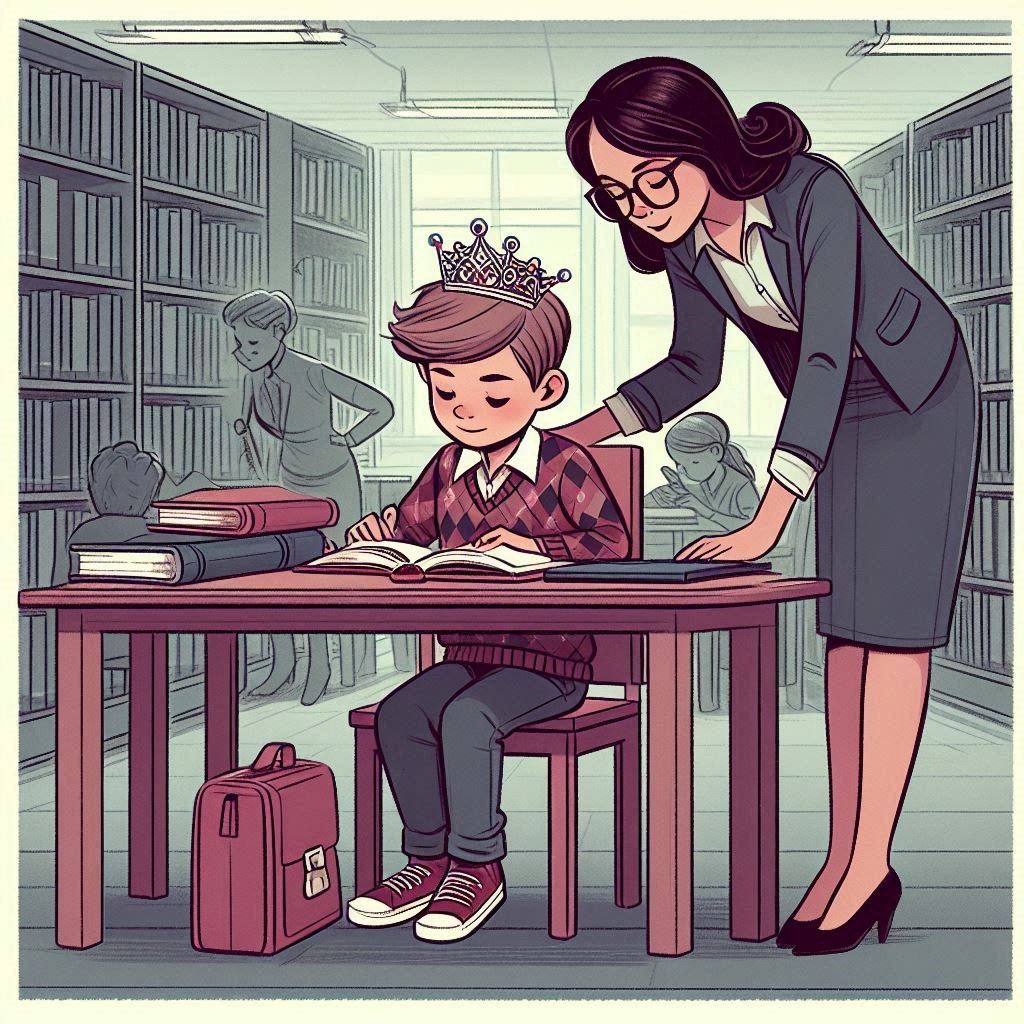“I always tell people my uncle’s contribution to me was when he taught me how to roll weed, smoke weed and sell weed,” said Moe Egan on the Utah Stories podcast. Egan added, “I went to Webster Elementary in the third and fourth grade in East Oakland, and I had a bag of joints rolled up, and that’s what I did.”
Moe Egan’s early experience as a drug trafficker could have possibly ended quickly. Caught by his elementary school principal and sent home, Egan was expecting to receive a severe punishment. Instead, he discovered his parents didn’t care. At that point, ten-year-old Egan understood no one was concerned with what he did or where he was going. “I took that to some places I wouldn’t wish on anybody,” Egan said.
Egan grew up in East Oakland and was the youngest of seven children, all born to different mothers. He describes his family as one immersed in the culture of consistently using drugs and alcohol. He never had a typical family structure, and he describes never having a traditional father-and-son dynamic.
“Alcohol was prevalent in my seven other brothers and sisters. We all had pretty much different fathers. I did have a stepfather that moved in and was with the family for a long period of time. But that structure, that father or son, that type of thing was never something that stuck with me or that I never had,” Egan said.
Intergenerational poverty is all too common, and many young people are taught to believe that “the system” has been designed to prevent them from escaping and succeeding. Government dependency becomes more of a chain than a lifeline. While welfare checks keep people afloat, they can also cause people to sink further into the quagmire. Egan discussed how having the drive to get a job was difficult when welfare keeps your rent paid. This poverty and family dynamic led Egan to become a homeless alcoholic and a drug addict.
“It’s not surprising that I became a lifelong alcoholic and a drug addict. And it took me to places I wouldn’t wish on anybody. And there were so many times when I said, you know what? I know this is not what God meant for me. And I said, you know what? I could beat this,” Egan said. And beat his addiction he did, and since then he has devoted his life to helping others do the same.
Egan’s journey through his young adult life and adult life being a homeless drug addict in the tenderloin district of San Francisco could have been the end of his story. But when Egan was faced with a huge amount of jail time, Egan had an opportunity to have his sentence reduced by attending a program called Delancey Street. This program offered a two-year work/rehab approach which integrates rehabilitation and dignity-through work. The model has proven a success, and Egan found his life’s purpose and his mission through fellowship with many of his former friends.
“I’ve been smoking drugs and drinking alcohol for over 20 years, and you expect me to go to a 30, 60, 90 day program and end my addiction. Oh, you’re good. That’s ridiculous,” Egan said.
“I knew right away, this is something different, because as soon as I showed up, this was the place that actually expected something from me, and it didn’t hurt either that guys that I used to run the streets with and do drugs with and alcohol and crimes when I got there, they were there. And I used to always wonder, where’d these guys go? Right? They were there for two, three years and they were now senior members in the community, and they were staff and these guys used to rob me on the streets,” Egan said.
The Other Side Village is a master-planned community founded on the conviction that housing alone will never solve homelessness, but a sense of belonging will. The combination of high quality, affordable, safe, and permanent housing combined with a strong culture of personal growth, accountability, support, and connection is the heart of our model. Egan works at The Other Side Village and described their policy for getting someone help.
“So if you’re that person that’s asking for help, the first thing we’re going to do is at some point you have to get detoxed, and then you have a chance from there. And so we have an interview process that allows for that person to vet us and for us to vet that person to see if the timing is right or are they ready for this?” Egan said.
Egan believes in The Other Side Village’s model, and that it makes a difference for the drug addicted homeless community. Homelessness is the result of a catastrophic loss of family. So the solution must be to build a new family to surround a new home.
Those applying for the Village must first be accepted and graduate from the Village Preparatory School where they live, learn life skills, build relationships, work in a social enterprise, participate in a therapeutic community, and are required to maintain a drug/crime-free, and sober living lifestyle.
1. The focus is on changing your life not just getting a house.
2. The focus is on self reliance not just handouts.
3. The focus is on building long term relationships not transitional services.
The Other Side Village is a drug-and-alcohol-free facility. “There are many places around Salt Lake City where you can apply, get accepted, move into this housing, transitional housing, whatever, and you can drink, you can do drugs or whatever is you want to do. What’s not available is a community that’s drug and alcohol free. And that’s what we’re offering. And we let people know upfront, here’s our offer, the prep school, you don’t pay for it, it’s free,” Egan said. To find more information about The Other Side Village visit their website.
More Articles related to the failure of homeless policy in Salt Lake City and the United States
The Failure of Public Housing and (Housing First) in Salt Lake City (which the media is not reporting on)
The Homeless who are attacking other homeless and getting away with it
The Failure of the Gail Miller Center, in the deteriorating Ballpark Neighborhood
Amy J. Hawkins Chairperson on the Ballpark Neighborhood Council
Business owner Bob Danielson
Murderers who are homeless are now walking the streets
Editor’s Note: We corrected a few typographical errors on Sunday August 27th, 2023 at 10:39 a.m.






